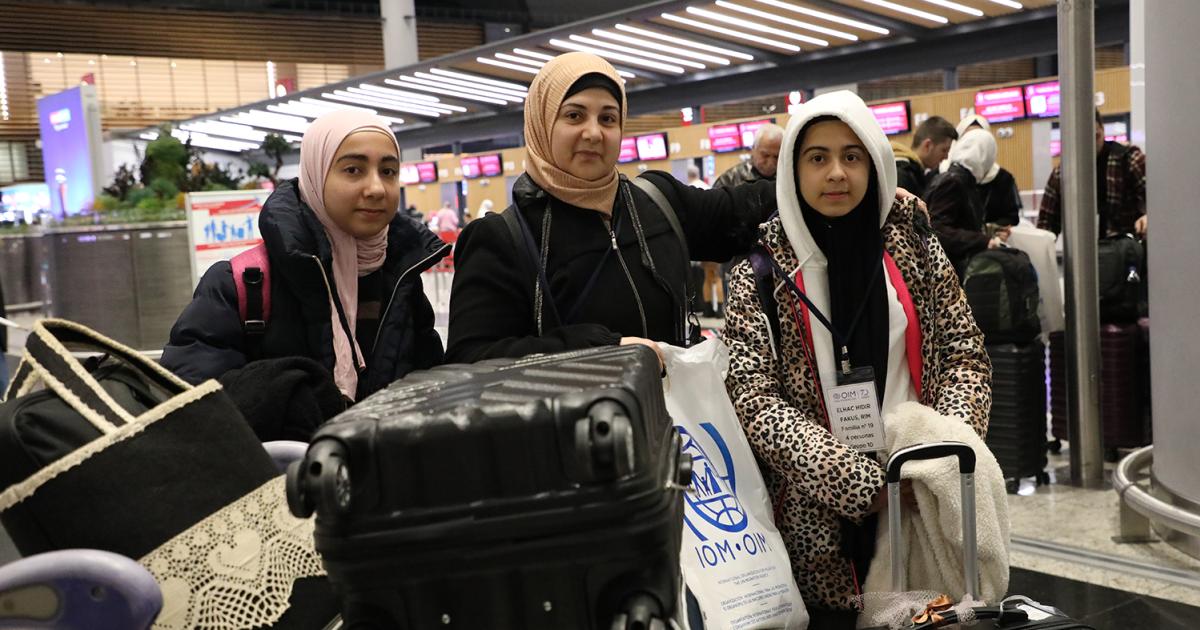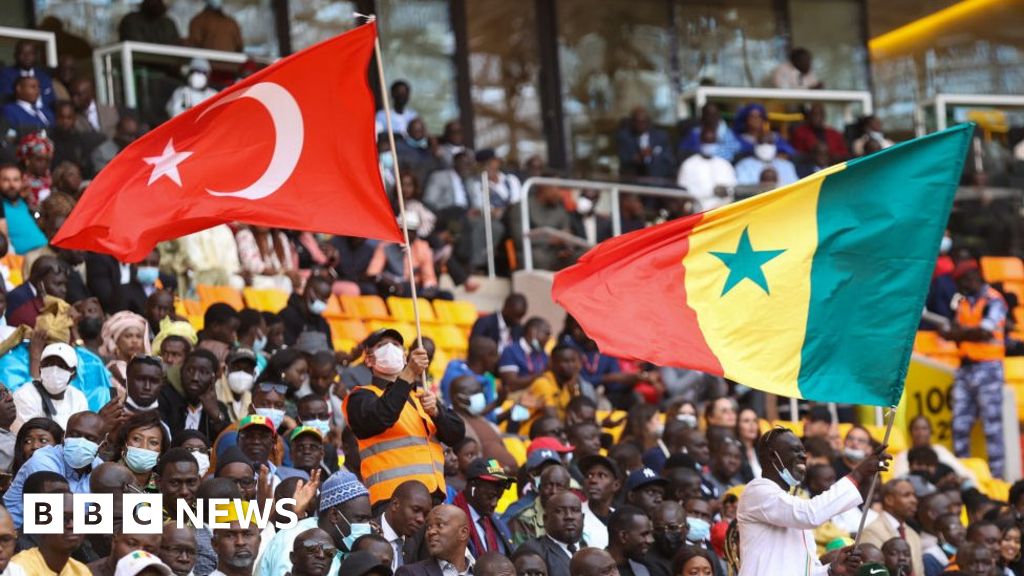Developing and implementing a national genomic surveillance strategy – Türkiye’s experience
Türkiye has embarked on the development of a 5-year national genomic surveillance strategy. The strategy is intended to integrate all areas of infectious disease genomic surveillance in Türkiye, thereby enhancing preparedness and reinforcing
health security.
These efforts are guided by the Global Genomic Surveillance Strategy for Pathogens with Pandemic and Epidemic Potential, 2022–2032, published by WHO in 2022, which provides a high-level framework to strengthen and enhance global sequencing and bioinformatics
capacities. The experience gained in the process can be applied to support countries with similar aspirations in the WHO European Region.
Since 2021, the WHO Country Office in Türkiye has been working closely with the Ministry of Health and the National Virology Reference Laboratory (NVRL) to enhance genomic surveillance through a project funded by the European Union. Through the project,
significant investments have been made in sequencing equipment, computing infrastructure, training for personnel, and data management and sharing.
“Development and implementation of the national genomic surveillance strategy for Türkiye are crucial to consolidate the existing laboratory and surveillance infrastructure and capacities, as well as to ensure effective use of the data,”
explained Biran Musul, National Professional Officer, who is working on the project.
The development of the strategy commenced with a 3-day meeting in Izmir in May 2022. The event brought together participants from 10 countries in the Region as well as Türkiye’s Ministry of Health, WHO/Europe and WHO headquarters. In June,
the project team convened a One Health meeting on coordination and use of genomic sequencing for addressing antimicrobial resistance, with participation from 9 European countries.
“Country representatives from all over Europe have shared experiences on mobilizing sustainable funding, developing and adapting sequencing objectives and sampling strategies, and building the laboratory workforce, which paves the way for developing
Türkiye’s national strategy,” said Adrienne Rashford, Project Coordinator.
Subsequently, a national task force that includes experts from the Ministry and WHO was established to continue working on the strategy throughout 2022. Several task force meetings have already taken place, and the aim is to have a document endorsed by
the Government by early 2023.
Strengthening the laboratory workforce: a key strategic objective
One of the key objectives of the strategy is to strengthen the laboratory workforce for genomic surveillance. To support this, the WHO team has developed a comprehensive programme on genomic sequencing, bioinformatics, and molecular epidemiology for SARS-CoV-2
and other high-threat pathogens to train laboratory staff.
The team has also delivered a series of interactive workshops in Türkiye throughout 2022. So far, 28 laboratory staff from across the national reference laboratories have participated in the advanced programme, and more than 50 staff have received
basic-level training. Weekly interactive exercise clubs, run by WHO experts, facilitate continued learning.
Gülay Korukluoğlu, Head of the NVRL, emphasized the importance of these trainings. “Trainings are one of the most important aspects of this initiative because trainees will become trainers, so the whole system becomes self-sufficient,”
she explained.
Furthermore, to ensure a sustainable pipeline of trained and competent graduates and a strong national network of experts in Türkiye, the project team has initiated collaborations to integrate the training programme into university curricula.
Becoming a regional leader on genomic surveillance
Having learned from this experience, the WHO Country Office is supporting countries in the central Asian region to develop their own national genomic surveillance strategies and to strengthen their laboratory workforce. In October 2022, the project team
will provide training to 15 participants from 5 countries in the subregion, in collaboration with WHO/Europe.
“At the WHO Country Office in Türkiye, we are privileged to have a team of dedicated experts and funding to drive this work, which means we are in a position to support other countries embarking on the process of strategy development and workforce
strengthening. Importantly, collaboration with international experts and across WHO offices allows us to facilitate broader application of the training programme we have developed,” emphasized Technical Officer Philomena Raftery, who is working
on the project.



